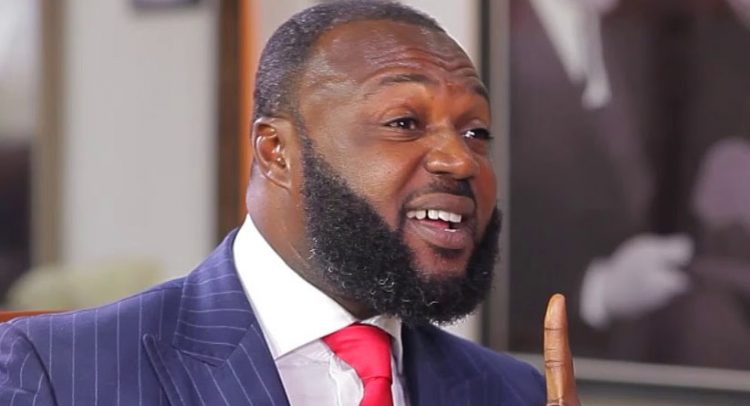William Ato Essien
JUDGMENT IN the criminal trial of founder and former Chief Executive Officer of defunct Capital Bank, William Ato Essien, and two other persons has been adjourned to December 1, 2022.
The trial of the three came to a close on July 28, 2022, and the court presided over by Justice Eric Kyei Baffour, a Court of Appeal judge sitting as an additional High Court judge, gave the prosecution as well as the defence lawyers up to October 17, 2022, to file their respective written addresses in support of their case.
The court subsequently adjourned the case to November 17, 2022, to deliver its judgment in the case in which the accused have been accused of stealing from the GH¢620 million liquidity support given to the then struggling bank by the Bank of Ghana.
But the judgment has been adjourned to December 1, although it is unclear what accounted for the adjournment as the court did not sit on November 17, as scheduled.
William Ato Essien, Rev. Fitzgerald Odonkor and Tetteh Nettey, a former Managing Director of MC Management Service owned by Mr. Essien were charged with 23 counts of conspiracy, stealing from the GH¢620 million liquidity support given to the bank by the Bank of Ghana (BoG), to enable it to service its maturing debt.
The accused persons, according to the prosecution, opened various bank accounts with Capital Bank through which the GH¢620 million BoG liquidity support was transferred while others were carried in jute bags to Ato Essien.
The prosecution led by Marina Appiah Opare, and sometimes Evelyn Keelson, all Chief State Attorneys, closed its case on April 29, 2021, after calling 17 witnesses to prove its case.
Ato Essien opened his defence and subpoenaed three witnesses while the other witnesses did not call any witnesses aside themselves.
Ato Essien on November 4, 2021, opened his defence and denied the charges levelled against him, and the other two accused persons also opened their defence and all denied having any involvement in the misappropriation of the defunct bank’s funds.
An attempt by him to reopen his defence and tender some new exhibits failed after the court dismissed his application, labelling it an attempt to further prolong his defence in the trial.
Baffour Gyau Bonsu Ashia, counsel for the accused person, moved the application seeking leave to reopen Ato Essien’s case to tender a cheque of GH¢20 from Sovereign Bank to Nordea Capital when granted leave to reopen his defence.
He again argued that the court on April 7, 2022, admitted in evidence unsigned minutes of the then capital bank and also admitted a pendrive containing the confrontation between the first accused person and the special investigating team on June 9, 2022, after his client had closed his case.
“Even though we had an opportunity to cross-examine the third accused person (Rev. Odonkor) on these pieces of evidence, the evidence admitted raise very serious questions before this court for which reason we pray this honourable court for an opportunity to reopen our defence and adduce further evidence,” Mr. Ashia prayed.
The application was opposed by Mrs. Appiah Opare, who argued that its 13th witness, Edem Bart-Williams had tendered a letter showing partial liquidation of GH¢20 million by Sovereign Bank and the prosecution had disclosed that letter as far back as November 2019, long before Mr. Essien opened his defence.
She said the pendrive which Ato Essien is seeking to reopen his defence and speak to had been disclosed at the instance of counsel for Ato Essien, long before he opened his defence and can therefore, not be said to be new evidence.
“The applicant has been given a fair hearing and adequate opportunity by this court on this issue, and therefore his fundamental human right to a fair trial has been respected by this court,” she added.
Justice Kyei Baffour, in his ruling said, “I find no justifiable cause to grant leave for first accused to reopen his defence and I entertain no hesitation at all in dismissing this application as totally bereft of merit. If it was a civil suit this applicant would have been mulcted with punitive cost.”
BY Gibril Abdul Razak


